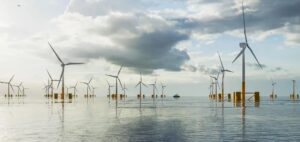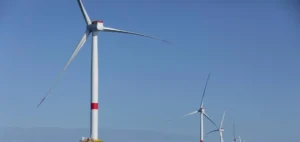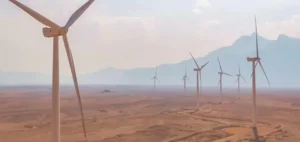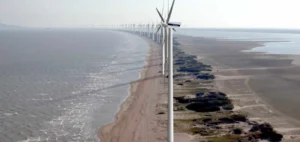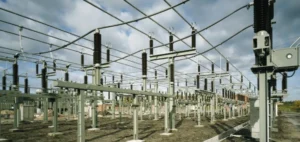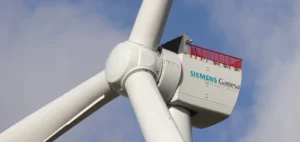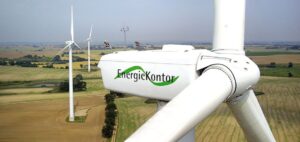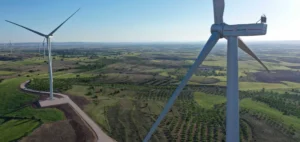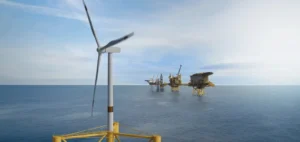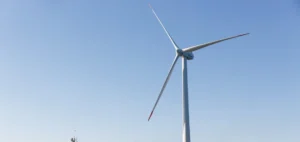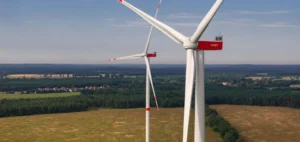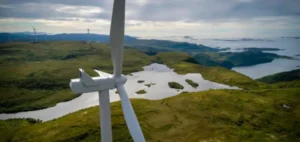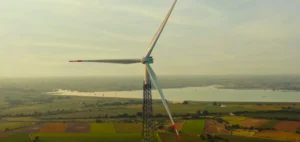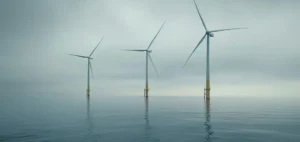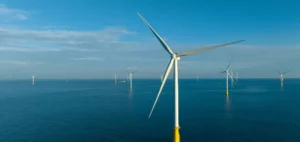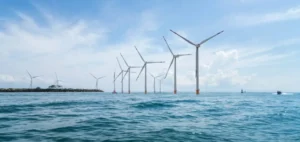Sri Lanka has officially decided to revoke a power purchase agreement signed with Indian conglomerate Adani. The decision, made by President Anura Kumara Dissanayake’s cabinet, reflects a strategic realignment of the country’s economic and energy priorities while addressing controversies surrounding the project.
An energy contract at the center of controversy
The agreement, signed by the previous government in May 2024, involved the purchase of electricity from a 484-megawatt wind farm located in northern Sri Lanka. The agreed rate, 0.0826 USD per kilowatt-hour, had drawn criticism, with local organizations arguing that smaller-scale projects could deliver electricity at prices up to one-third lower.
In January 2025, under the leadership of President Dissanayake, the government annulled the agreement while leaving room for a reassessment of the project itself. A committee of experts has been tasked with evaluating the project’s feasibility and its economic and environmental impacts.
A tense political backdrop
The cancellation of the agreement occurs against a backdrop of political tensions marked by allegations of corruption and growing concerns about infrastructure project management under the previous government. President Dissanayake, elected in September 2024, has made combating corruption a central pillar of his administration.
Adani, a key player in the project, is already facing corruption allegations in the United States, where its CEO is accused of bribery to secure solar sector contracts in India. These allegations, although contested by the group, have intensified scrutiny on its international operations.
Market impact and future prospects
The Sri Lankan decision has also impacted the market. Adani Enterprises’ shares fell nearly 3% on the Bombay Stock Exchange following the announcement. In a statement, Adani described the cancellation as a “standard review” reflecting the priorities of Sri Lanka’s new government.
The project, initially approved in 2023, remains blocked due to legal challenges before the Sri Lankan Supreme Court on environmental grounds. The recently appointed government committee is expected to redefine the terms of implementation, potentially influencing the future of foreign investments in the country.
A strategic reevaluation
Sri Lanka, aiming to diversify its energy sources after a severe economic crisis in 2022, views this wind farm project as a strategic opportunity, albeit a contentious one. The decision to cancel the contract reflects both a commitment to transparency and a desire to maximize economic returns from large energy projects.
Adani, the first foreign investor to re-enter Sri Lanka after the crisis, will now face close scrutiny as the country reconsiders its energy policies from a new economic and political perspective.


